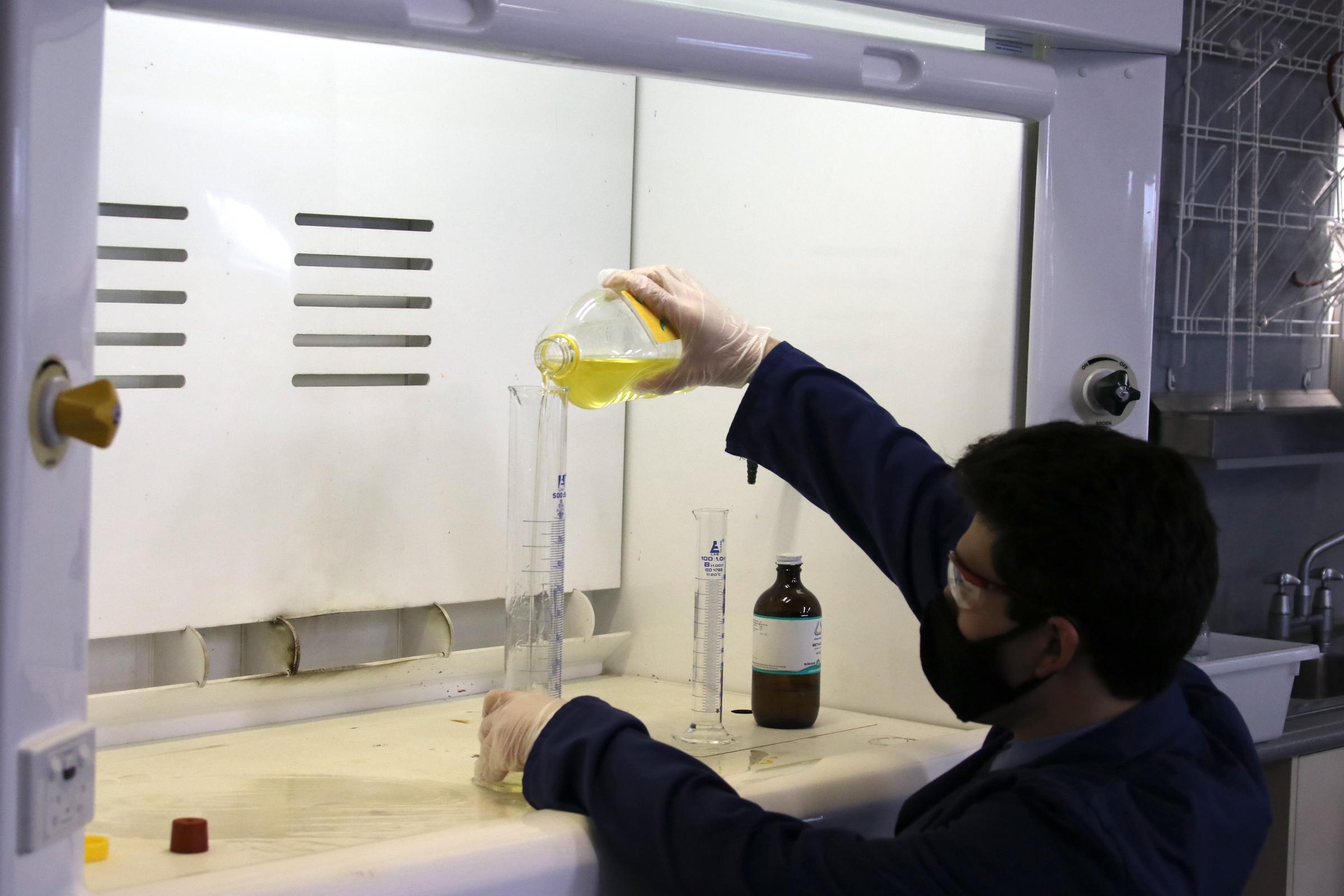Deputy Principal, Teaching and Learning

A Sentence is a noble thing
“By being so long in the lowest form I gained an immense advantage over the cleverer boys. They all went on to learn Latin and Greek and splendid things like that. But I was taught English. We were considered such dunces that we could learn only English. Mr Somervell -- a most delightful man, to whom my debt is great -- was charged with the duty of teaching the stupidest boys the most disregarded thing -- namely, to write mere English. He knew how to do it. He taught it as no one else has ever taught it. Not only did we learn English parsing thoroughly, but we also practised continually English analysis. Thus, I got into my bones the essential structure of the ordinary British sentence -- which is a noble thing. And when in after years my schoolfellows who had won prizes and distinction for writing such beautiful Latin poetry and pithy Greek epigrams had to come down again to common English, to earn their living or make their way, I did not feel myself at any disadvantage. Naturally, I am biased in favour of boys learning English. I would make them all learn English: and then I would let the clever ones learn Latin as an honour, and Greek as a treat. But the only thing I would whip them for would be not knowing English. I would whip them hard for that.”
― Winston Churchill, My Early Life, 1874-1904
Winston Churchill, British Prime Minister from 1940-1945 during World War Two and again from 1951-1955 was able to use his skills as a writer and speaker to lead people at an incredibly difficult time in history. Churchill mastered the English language.
The importance of learning to read and write and to communicate effectively in English is not something that is disputed. English is our core curriculum from Prep to Year 12. Being skilled at using language to communicate is a clear advantage that unlocks many opportunities for our students on their journey into the wider world of work and study. An effective sentence is used to report on stocks, order new materials on the farm, invite a friend to a celebration, record memory and instruct.
This year some of our staff in both the Junior and Senior Schools have been working with colleagues from around the globe to explore how we revolutionise the way we teach writing. In the words of Churchill, the ‘bones (of an) ordinary British sentence … is a noble thing.’ It all starts at the sentence level.
Susan Bradbeer
Deputy Principal of Teaching and Learning
Year 10 2022 Online Information Session – Certificate II in Agriculture (RIST)
On Wednesday 18 August at 5.30 pm, College will host an online information session for Year 9 parents and students interested in finding out more about the elective, RIST Certificate II in Agriculture. An invitation will be emailed to Year 9 families prior to next Wednesday with further details about the session.
The Certificate II in Agriculture is a school based traineeship in agriculture. Students must be 15 years old to enrol. The Certificate II in Agriculture provides students the opportunity to bring together their secondary school studies, and vocational training with part-time employment.
College and RIST work in partnership to offer the Certificate II in Agriculture as an elective subject option within the Emerge Curriculum. If you are interested in finding out more, don’t miss next week’s information session.
VCE Revision Lectures 27 Sept - 2 Oct Presented by official exam assessors
Register: https://bit.ly/vce-revision-2021
